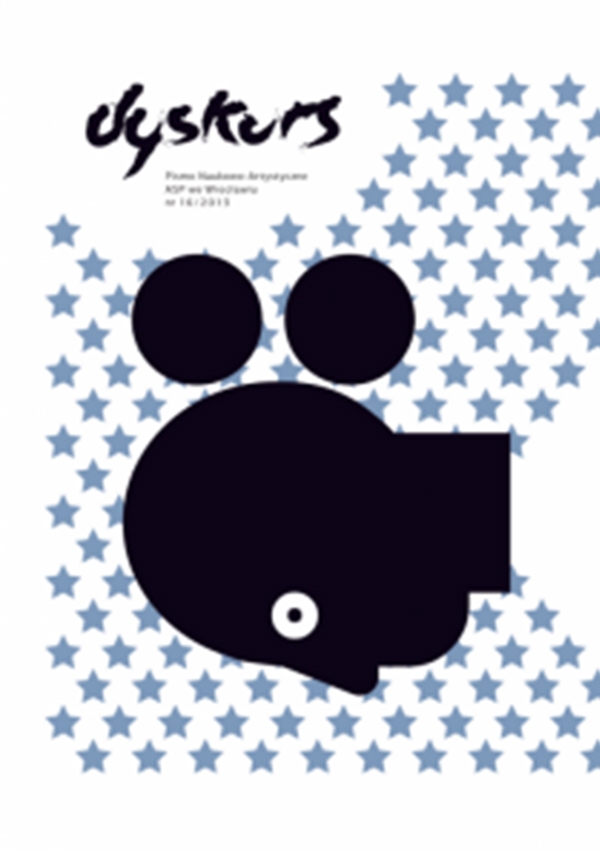Poszukiwania formalne w kinie lat 50. i 60. Ponadczasowe wartości estetyki neorealizmu włoskiego i francuskiej Nowej Fali
Abstrakt
Dreams in visual arts. Dreams are dreams and there is nothing more real
Formal search in the 1950’s and the 1960’s in Italian neo-realism and the French New Wave: their visual effects as timeless effect.
From its beginning from the first screening by the Lumiere brothers, cinematography is considered as an opportunity to show the impossible. Fiction and reality are always well-functioning combination. Film captures the imagination of artists and it contributes independent thinking, which is free from moral and ethical standards. That kind of thinking might include the elements of absurd, black humor, grotesque, parody, paranoia, metaphors, symbols and interlacing the reality with fiction. Films tell us the stories more vividly than literary writing which is not supported by moving images. In different cultures, films documentaries and feature movies are remembered in different ways. European people have always concentrated on intellectual elements in film. In Europe, we are looking for answers to many questions connected with our past and our future. We keep asking ourselves: Can national tragedies always bring a revival of the arts? In Europe, cinema-fascism is connected with intellectual trends. The cinema of ‘moral anxiety’ the term invented by Janusz Kijowski, a Polish director is connected with Italian Neorealism and the French New Wave.

